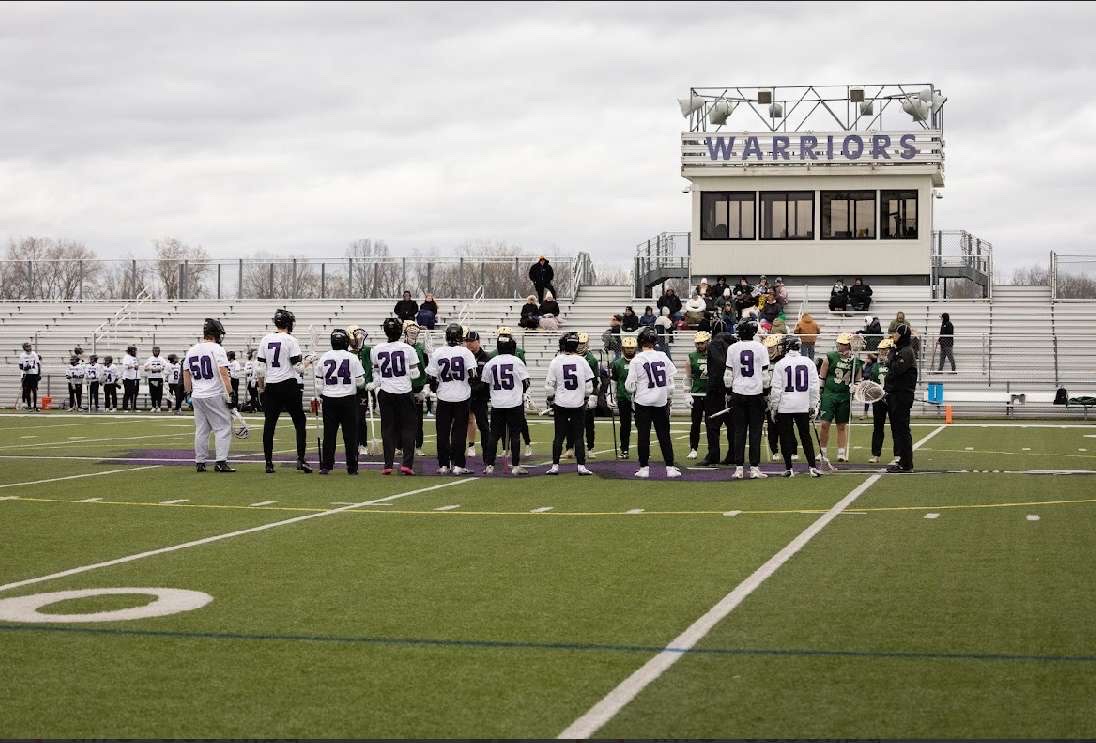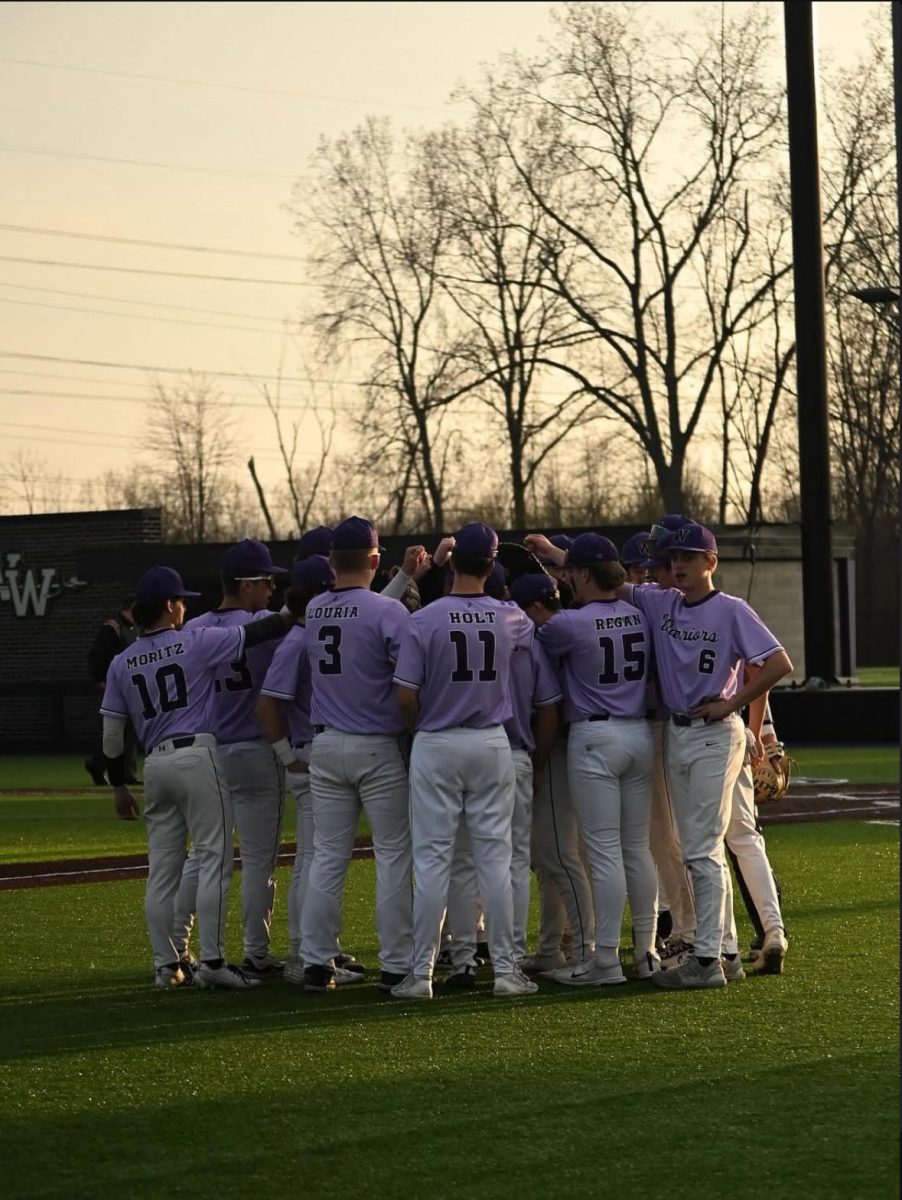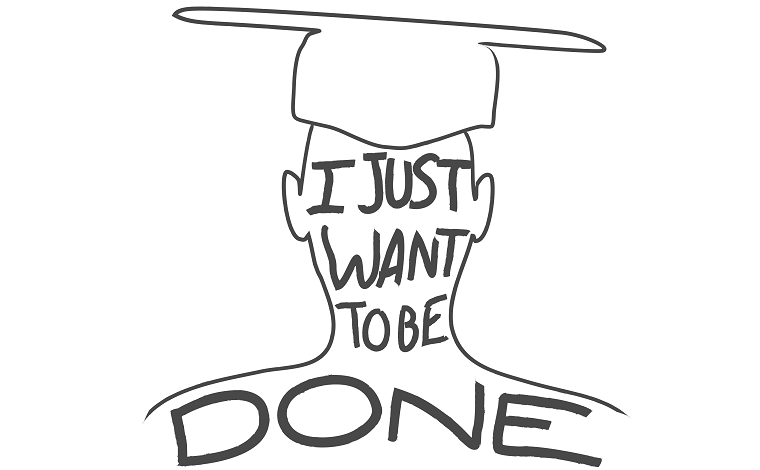With the rise of popularity in NIL deals regarding college football, great controversy has erupted. Name, Image, and Likeness (NIL) deals have increased nearly 174% from 2022-23 in college football alone. College football NIL sponsorships account for around 60% of all NIL deals as of 2022.
Although many individuals find these deals beneficial, many concerns come with them. Many critics believe that the possibility of receiving a NIL deal can potentially remove the distinction between professional and college football as well as promote disloyalty amongst the players and the schools they attend.
Clemson University head coach Dabo Swinney stated, “While NIL deals can provide opportunities for student-athletes, we must strike a balance to preserve the essence of college sports. It’s important not to lose sight of the team spirit that defines collegiate athletics.”
Another primary concern has been that the implementation of NIL deals could cause the prioritization of the wrong values. Former American Football coach and current college football TV commentator Urban Meyer, commented on the subject, “NIL deals are a game-changer, but we need to ensure fair play. There’s a fine line between providing opportunities for athletes and creating an environment where recruiting becomes more about financial incentives than a genuine commitment to the sport and team.”
Former college quarterback to professional football player, and now sports analyst Tim Tebow accentuates the importance of orchestration stating, “NIL deals can be a positive force, but we must guide young athletes to make wise choices. It’s about helping them understand the responsibilities that come with these opportunities and maintaining a focus on both academics and sports.”
Taking into consideration various viewpoints, the debate surrounding the negative impacts of NIL deals in college football continues, with concerns regarding maintaining the integrity of the game while also embracing the evolving implementation of athlete endorsements.









